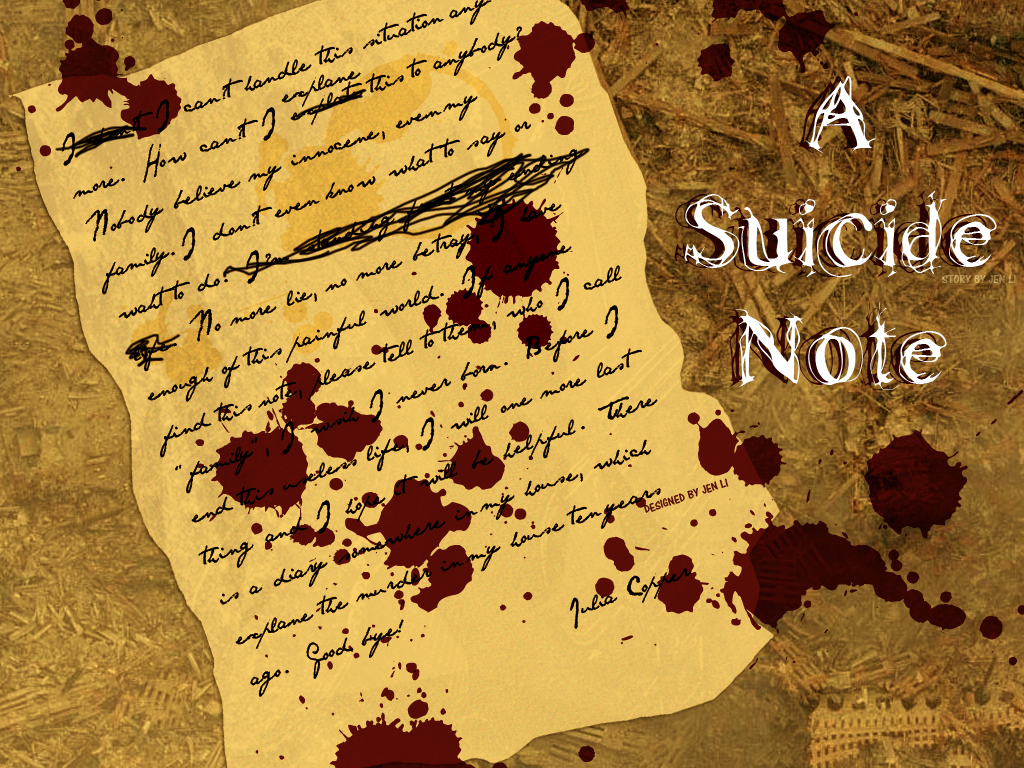
Lately, I've become accustomed to the way
the ground opens up and envelops me
each time I go out to walk the dog.
Or the broad-edged silly music the wind
makes me when I run for a bus...
Things have come to that.
And now, each night I count the stars,
and each night I get the same number.
And when they will not come to be counted,
I count the holes they leave.
Nobody sings anymore.
And then last night, I tiptoed up
to my daughter's room and heard her
talking to someone, and when I opened
the door, there was no one there...
only she on her knees, peeking into
Her own clasped hands.
Explorations of the Text:
1. What is the mood of the speaker in the opening lines? What images suggest his feelings?
The mood of the speaker in the opening lines sounds wistful and gloomy. The moment I read the first line of this poem, I seen a clear picture of the speaker in sad and sorrow. Provided that he was accustomed to the way.
2. What is the significance of the daughter's gesture of peeking into "her own clasped hands"?
The significance explains that the daughter still have faith in God and it shows that there's still hope in the daughter's eyes which probably the reason why the speaker/he do not end up his life with suicide.
3. What does the title mean? How does it explain the closing line?
The title is just an introduction of what's going on. Referring to the Text as it is a suicide note, most probably the tittle explain that this is just a foreword of what might coming next or the following notes. In accordance to the closing line, it explained that the suicide didn't seen to have happen yet. ''Her own clasped hands.'' might change the action or the destiny.
4. Why does Baraka have three short lines, separated as stanzas? How do they convey the message of the poem?
Baraka have three short lines, separated as stanzas because he tries to give a short conclusion of each transition pictures in the poem. Therefore the reader has a vivid images of what he's trying to tell. The message of the poem is clearly conveyed through foreshadowing.
5. Why does Baraka begin stanzas with "Lately," "And now," and "And then"? What do these transition words accomplish?
He begins with ''Lately,'' ''And now,'' and ''And then'' because Baraka wants to tell us the story in a chronological order so that the message delivered closely to the reader. These transition words work very good. The message delivered clearly and strong.
6. How does the speaker feel about his daughter? What does she represent to him?
Based on the Text, the speaker symbolized his daughter as the last hope he has or the only reason why he's living. The daughter also represents an infinite love he has for her which even his faith in God takes a back seat.
No comments:
Post a Comment